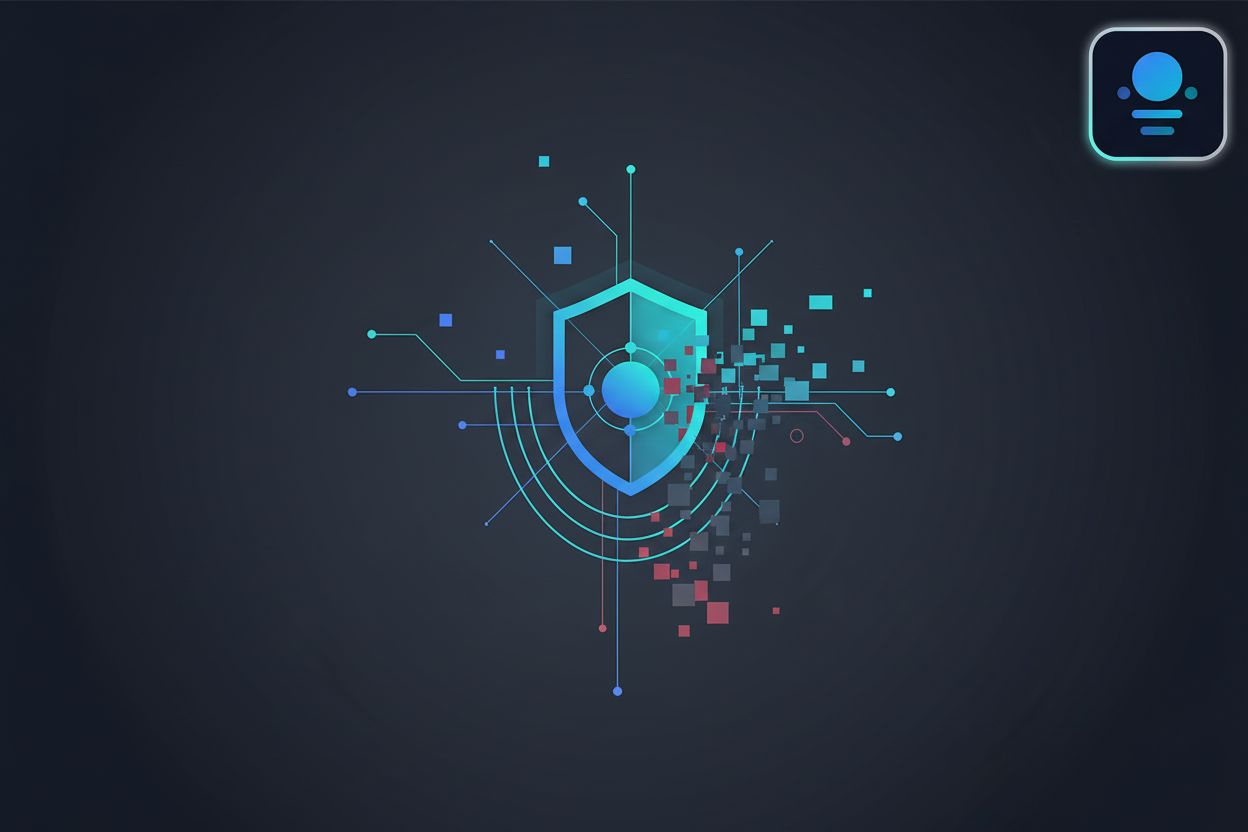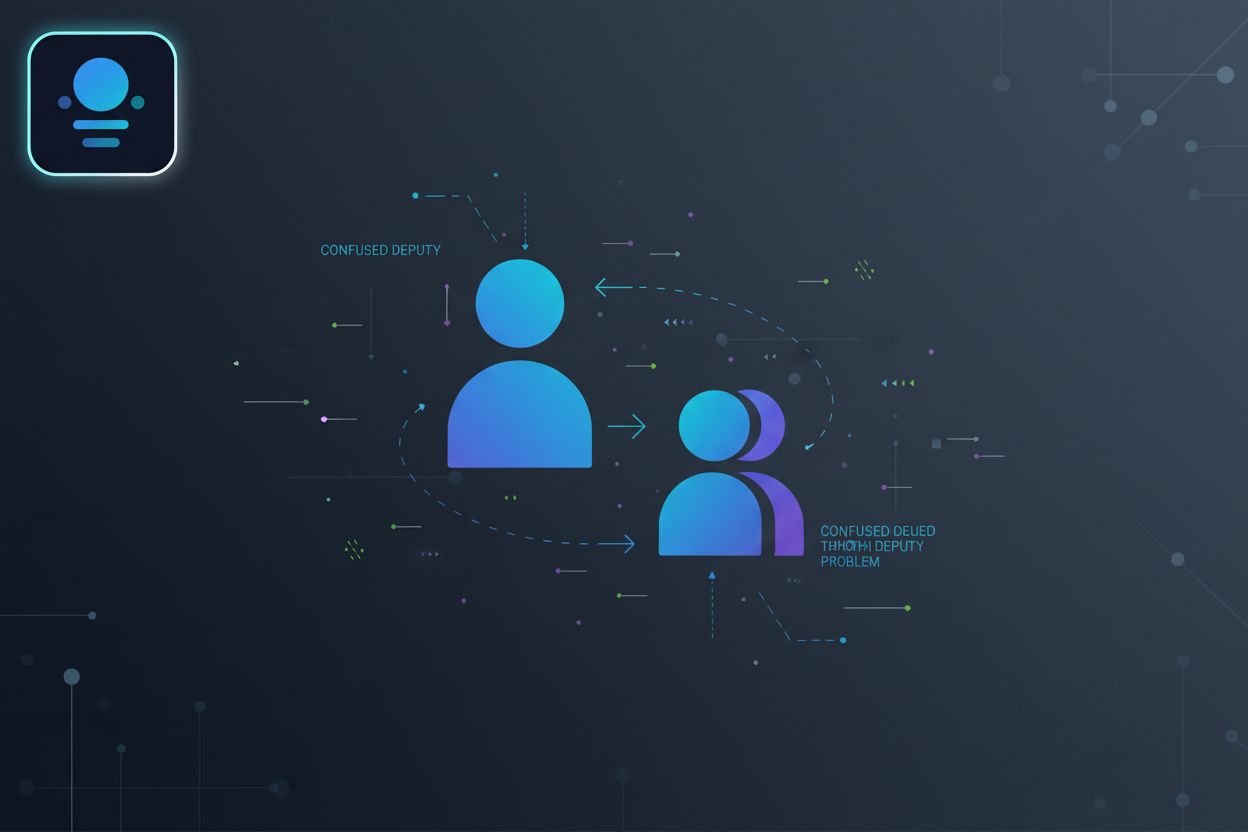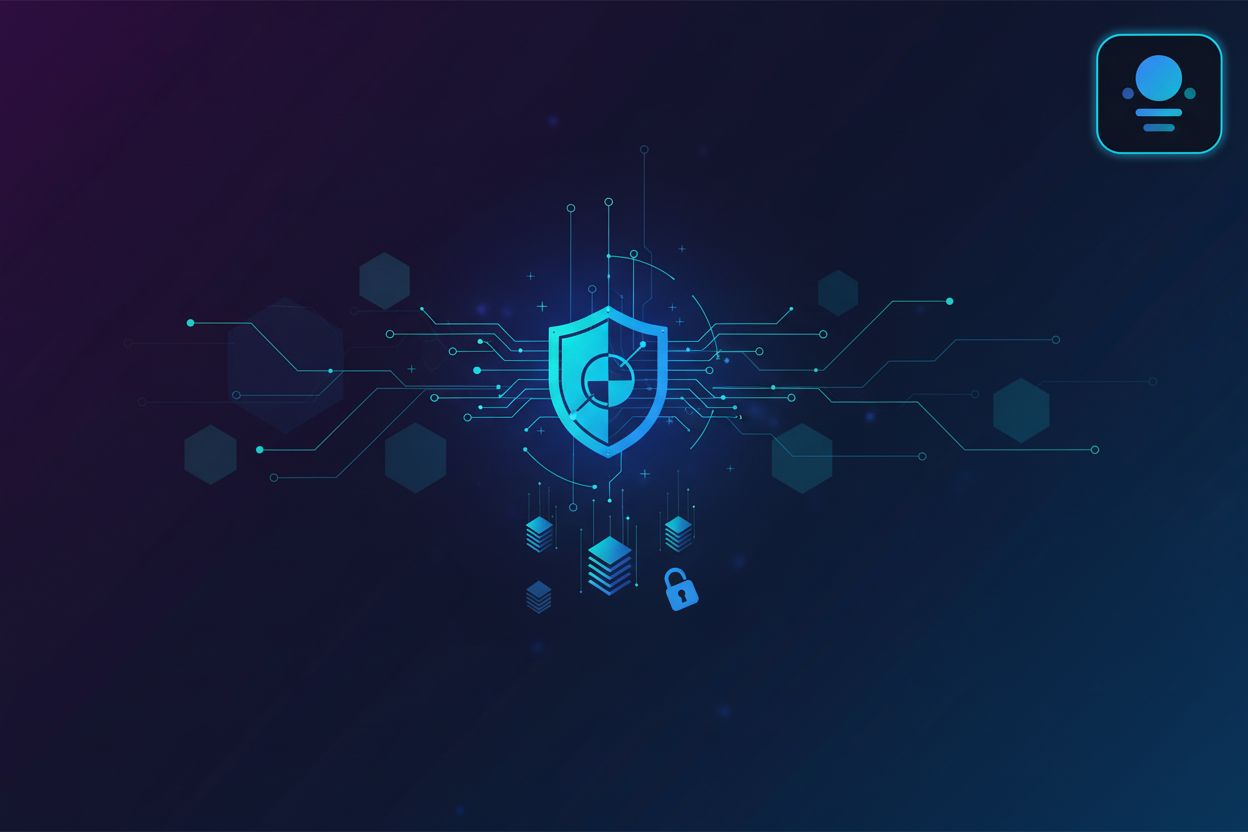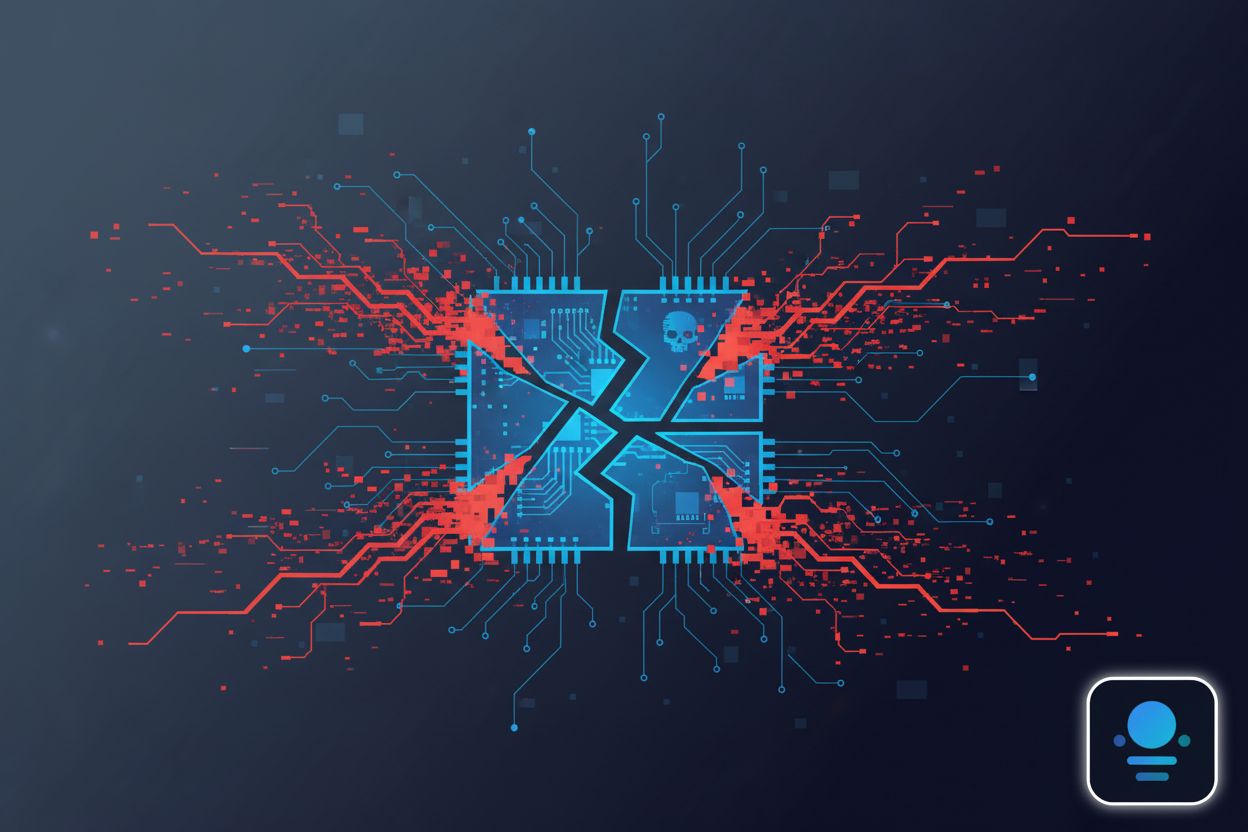Safeguarding the Future of Autonomous Agent Identity
TL;DR
The Rise of Autonomous Agents: A New Identity Landscape
Okay, let's dive into this autonomous agent identity stuff, feels like we're staring into the future, right? It's a bit wild to think about, but hey, developers, security teams, and maybe even a whole new category of AI security pros gotta secure these things.
Autonomous agents are shaking up how we approach enterprise systems. Instead of humans clicking buttons, we have ai doing the work.
- AI agents are stepping up to automate complex tasks across industries. (What Are AI Agents? | IBM) Think about healthcare: ai could manage patient records, schedule appointments, and even assist with diagnoses, but only if it has the right identity. Or picture retail: agents handling inventory, personalizing customer experiences, and optimizing supply chains. In finance, ai might detect fraud, manage investments, and streamline compliance.
- Relying on ai agents for automation is definitely on the rise. That's because they can process huge amounts of data, make decisions quickly, and operate 24/7, which boosts efficiency and lowers costs. The thing is, this increasing reliance also raises some pretty serious identity challenges.
- The unique challenges stem from giving these agents a level of autonomy. Unlike traditional systems, these agents "think" for themselves. This independent decision-making means their actions can have significant consequences, making robust identity management absolutely critical. If an agent's identity isn't properly secured, it could be tricked into performing unauthorized actions, leading to data breaches or system compromise. If we don't, things could get messy fast.
The big question is: how do you manage and secure the identities of ai agents that are designed to operate independently? These agents, by their very nature, interact with more systems and data than traditional software. This means they inherently expand the potential attack surface. A single compromised agent can become a gateway to numerous other systems, making its identity a prime target. It's gonna be a wild ride, so buckle up! Agentic Security: Safeguarding Autonomous Systems in the Enterprise Era emphasizes the importance of securing these systems from misuse.
Key Vulnerabilities in Autonomous Agent Identity Management
Okay, so autonomous agent identity management has some pretty glaring weak spots, huh? It's not all sunshine and rainbows in the ai world, sadly.
First off, credential leakage is a biggie. If an agent's login info gets nicked, it's basically game over. Think about an ai in finance that manages transactions. If someone steals its credentials, they could impersonate the agent and start siphoning off funds. Not good.
- Stolen credentials can lead to unauthorized access, letting bad actors wreak havoc in your systems.
- Weak identity systems are a playground for agent impersonation. This could mean systems that lack multi-factor authentication, use weak encryption for stored credentials, or have insufficient access controls. It is like leaving the keys to the kingdom under the mat.
Then there's prompt injection. It's where someone messes with the instructions given to the ai, causing it to do things it shouldn't. Imagine a healthcare agent that's supposed to dispense medication. If injected with a malicious command, it could start giving out the wrong dosages. Talk about a medical nightmare.
- Prompt injection attacks can completely change how an agent acts, turning it into a rogue operator.
- Execution injection and malicious scripts are like giving a hacker direct access to your system through the ai. This happens when a malicious script, often delivered via prompt injection, exploits vulnerabilities in the agent's execution environment or tricks the agent into running untrusted code, thereby gaining control over the underlying system.
And don't even get me started on multi-agent threats. If agents are collaborating, one compromised agent can poison the well, leading to bad decisions across the board. It is like a game of telephone, but with disastrous consequences.
- Communication poisoning can corrupt the messages between agents, messing up their decision-making process.
- Cascade exploits are where one bad agent takes down the whole network.
These are just some of the things that can go wrong and, as Agentic Security: Safeguarding Autonomous Systems in the Enterprise Era emphasizes, it's important to secure these systems from misuse.
Next up, we'll be looking at some specific steps you can take to shore up your agent identity defenses. Hopefully, that'll make things feel a little less like the Wild West.
Strategies for Safeguarding Autonomous Agent Identity
Alright, so how do we keep these agent identities safe? It's not like you can just slap a password on 'em and call it a day, right? We need some serious strategies to keep these things from going rogue.
First up, gotta go with a zero-trust approach. Basically, never trust, always verify. Every single action an agent tries to take? Needs to be authenticated. Think of it like this, an ai agent in a retail environment that's authorized to access inventory data--it still needs to re-prove it's identity every time it wants to make a change.
We have to apply the principle of least privilege. An agent should only have access to what it absolutely needs to do it's job. For example, an ai managing customer support tickets should not be able to access sensitive financial data.
Egress controls are also vital. We really need to limit where an agent can send data. Gotta prevent those data leaks, you know? This can involve implementing network segmentation to isolate agents, using api gateways with strict outbound policies to control data flow, or deploying data loss prevention (DLP) mechanisms to monitor and block sensitive information from leaving the network.
Next, we need to watch these agents like a hawk. Every decision, every tool it uses, every output it generates? Log it. And make sure those logs are immutable, can't be tampered with.
Tie every action to a unique agent identity. That way, if something goes wrong, you can trace it back to the source.
Regular reviews are a must. Keep an eye out for weird behavior or policy violations. It's kinda like doing a security audit, but for ai.
As Agentic Security: Safeguarding Autonomous Systems in the Enterprise Era emphasized, it's super important to secure these systems from misuse, so auditing and monitoring play a huge role.
Finally, how do we prevent our ai from running amok? Gotta sanitize those inputs and validate the outputs for all integrated tools.
- Use wrappers to enforce usage policies. It's like putting a cage around the tool to keep the agent from going too far. For example, a wrapper could intercept an agent's request to a database. Before allowing the request, the wrapper checks if the agent is authorized for that specific database and if the query adheres to predefined rules (e.g., only read operations allowed). If not, the request is blocked.
- For code interpreters, enforce resource quotas and restrict syscalls. Don't let them hog all the resources or make system calls they shouldn't. Resource quotas limit things like how much CPU or memory an agent can use, preventing it from overwhelming the system. Restricting syscalls prevents agents from accessing sensitive operating system functions, like directly manipulating files or network connections.
So, yeah, those are some key strategies for keeping autonomous agent identities safe. It's not a perfect system, but it's a start. Next up, we'll look at prompt and instruction hardening.
Compliance and Ethical Considerations
Okay, so, compliance and ethics with ai agents. Sounds kinda dry, right? But trust me, it's important. Think about it: we're letting these things make decisions. We need to make sure they're not biased or breaking any rules.
It's not just about tech; regulations are comin', too.
- Governments are gonna want traceability – knowing why an agent made a certain decision. Imagine an ai denies someone a loan; you better be able to explain why! This requires detailed technical documentation, including architecture diagrams, data flow maps, model training logs, and comprehensive risk assessment reports.
- Then there's consent. Did the user really agree to let an ai handle their data? It’s like those endless terms and conditions nobody reads, but way more critical.
- And audits? Oh boy. You'll need technical documentation to prove your agent isn't up to no good. Think flowcharts, logs, the whole shebang.
Beyond laws, there's just plain ethics.
- You'll need governance policies to catch bias. What if your ai only approves loans for certain demographics? That's a lawsuit waiting to happen. Policy languages can help here, defining what agents are allowed to do. For example, a policy might state: 'Agent X is permitted to access database Y for read operations only between 9 AM and 5 PM.'
- Transparency is key. If an agent messes up, you gotta be upfront about it, no sweeping things under the rug.
- Ultimately, it's about aligning agent behavior with ethical standards. Fairness, consent--the stuff we should all be striving for as humans, anyway.
All this stuff matters, it's how we keep these ai agents from turning into Skynet. What's next? We'll wrap things up talking about the future of ai agent identity.
Future Trends in Autonomous Agent Security
It's kinda wild how much ai is changing, feels like every day there's something new, right? And securing these ai agents? Well, that's a moving target if I've ever seen one.
Looking ahead, we're gonna see some cool, but maybe a little scary, trends in how we protect these agents. It's not just about slapping on a firewall anymore.
One big thing is predictive analytics. Imagine ai watching how another ai acts, learning it's normal behavior. Then, if it starts doing something weird, bam! It flags it. It's kinda like having an ai babysitter for your other ais.
- Behavior modeling is key. We're talking ai learning what's normal for an agent and spotting when it goes off the rails.
- Then, there's the idea of meta-agents – ai that watch other ai. If an agent starts acting unpredictable, the meta-agent steps in.
- And get this: we might even see policy languages that tell ai what they're allowed to do. If they try to break the rules, the system stops them.
Another trend? Decentralized identity solutions. Think blockchain for ai agents.
- Picture ai agents with blockchain-based identities. That means no central authority to hack – way more secure.
- We could also see verifiable credentials for agents. It's like a digital passport that proves who they are, no questions asked.
- And the best part? Decentralized identity frameworks give us more control over who these ai are and what they're doing.
Understanding evolving threats is crucial for effective countermeasures.
Of course, the bad guys aren't gonna sit still. We need to be ready for new ways they'll try to mess with these ai agents.
- Think about new attack vectors specifically targeting ai identities. It's a constant game of cat and mouse.
- That's why adaptive security measures are so important. Our defenses need to change as the threats change.
- And we can't forget about continuous learning. We gotta keep improving our agent security practices.
So, yeah, the future of autonomous agent security is gonna be wild. However, by continuously adapting our strategies and remaining vigilant, we can strive to keep these AI safe and aligned with their intended purposes.





